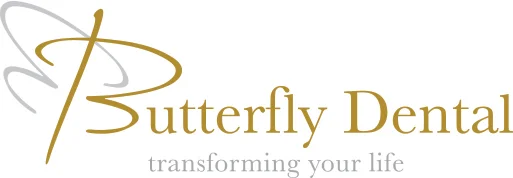Whether you use mouthwash or not is usually down to personal preference unless your dentist has specifically advised you to use one to treat dental problems. But if you do decide to use one, how do you make sure you're getting the most out of it?
Fluoride mouthwash can be very beneficial to patients, as it can help expose the tooth surface to an extra dose of fluoride, which can be helpful for those concerned about tooth decay. Mouthwashes can also be used following meals, to rinse the mouth of any food debris that may be caught around certain parts of the mouth, for example temporary crowns or orthodontic appliances.
Mouthwash must be used a separate time to brushing, otherwise the mouthwash will wash off the all the goodness contained in the toothpaste. A great time to rinse with a mouthwash is following a meal or when you arrive home from work.
There are a number of mouthwashes available. Popular options for patients and staff include Colgate Fluorigard and Oral B Pro-Expert. Listerine also have a popular range of mouthwashes but they can be quite strong in flavour and some patients may find that the high alcohol content irritates their mouth. Corsodyl offer a range of mouthwashes that contain strong antibacterial properties, which can be helpful for patients with bleeding, irritated gums. However, they should only be used for up to two weeks, as it can cause the colouring in certain food and drinks to stick to the teeth more than usual, causing heavy staining.



